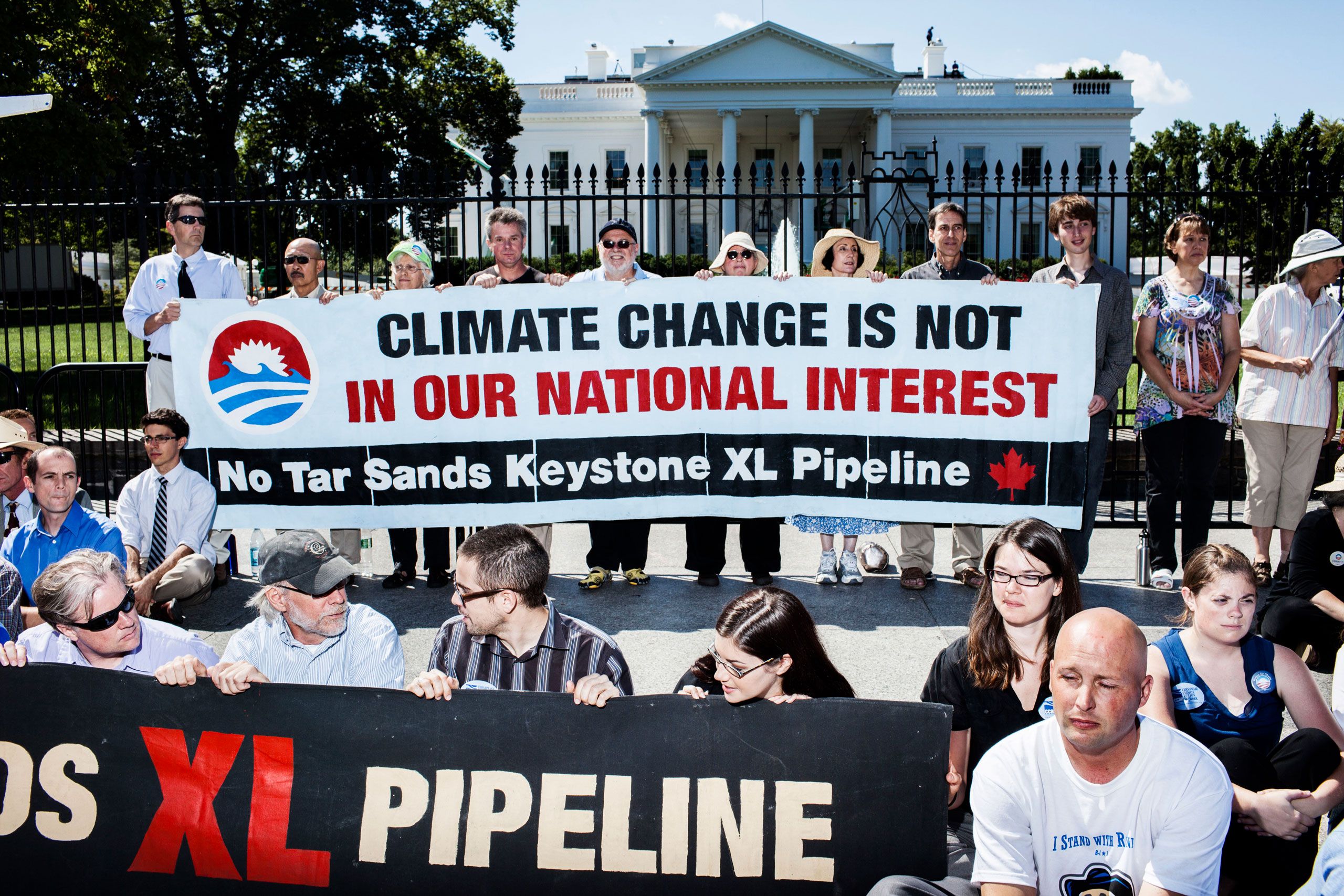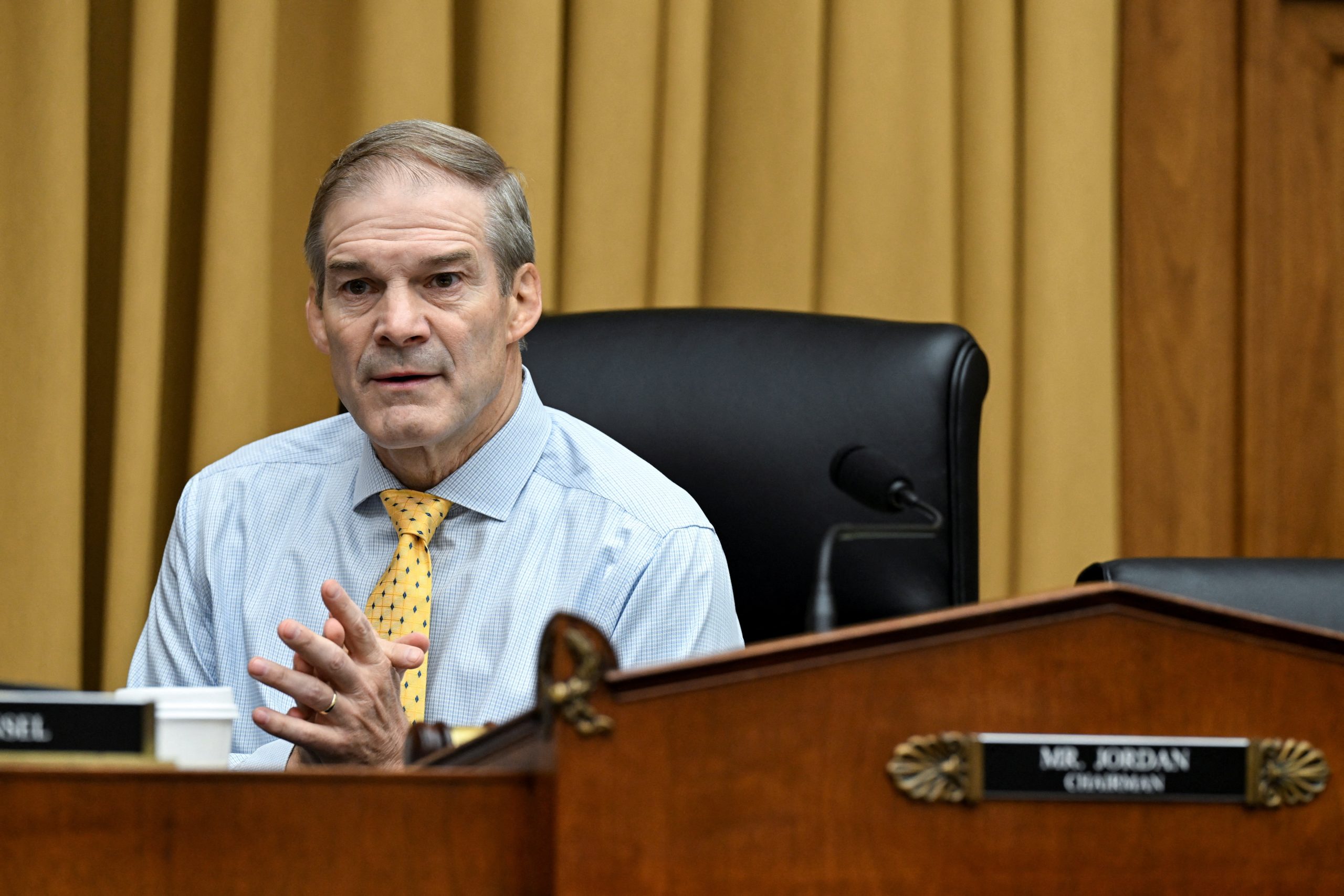Prime Minister Mark Carney and President Donald Trump discussed the potential revival of the Keystone XL oil pipeline during their White House meeting on Tuesday, according to an anonymous government official. The conversation focused on Canada-U.S. energy cooperation, with Trump expressing openness to the project. The discussion aligned with the Canadian government’s goal of utilizing domestic materials like steel and aluminum in major infrastructure projects, a sector impacted by U.S. trade tariffs.
Canadian exports declined in August, widening the merchandise trade deficit to $6.3 billion, driven by a 3% drop in goods exports and a 0.9% rise in imports, largely due to ongoing U.S. tariffs, according to Statistics Canada. Alberta Premier Danielle Smith welcomed the renewed dialogue, emphasizing the need for increased oil sales to the U.S. and highlighting Alberta’s lobbying efforts in Washington.
The original Keystone XL pipeline, proposed in 2008, was canceled in 2021 by President Biden, prompting criticism from Alberta, which had invested $1.5 billion and secured $6 billion in loan guarantees. TC Energy Corp., the project’s original developer, has since shifted focus away from the initiative. Smith reiterated that restarting the pipeline would require legal action in U.S. courts, stressing Canada’s commitment to the project.
Trump’s transition team has prioritized reviving the pipeline as a key agenda item, with insiders suggesting it could be addressed on his first day in office. Meanwhile, Canadian trade minister Dominic LeBlanc confirmed discussions on steel and aluminum tariffs, which remain at 50%, and energy cooperation. The Carney government faces scrutiny over Alberta’s push for an alternative west coast oil pipeline, a move opposed by B.C. Premier David Eby as economically unsustainable.
The debate over Keystone XL underscores broader tensions between Canadian resource interests and U.S. trade policies, with advocates arguing the project would bolster North American energy independence.











